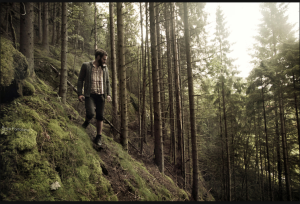I strongly agree with this quote because humans do have the potential to create a reality out of something imagined. The way we think definitely influences our outlook on life and since every situation can be viewed in more than one way, the outcome is dependent on the way we think. By filling one’s mind with negative thoughts, he/she is living pessimistically and the more you imagine the worst possible outcomes and unfortunate events, the more you will be inclined to believe them. Eventually, once one’s mind is full of too many negative thoughts it will become a reality for them and they will come to believe that their life is full of misery. I believe in everyone’s life there is a certain amount of happiness and a certain amount of sadness and they compliment each other. One’s apparent sadness could be compensated for by his hidden misery. By believing that negativity is always part of life one may stop filling his/her mind with negative thoughts because there is plenty of space for positivity.
This quote ties in nicely with ying and yang. Ying includes negativity, by filling your mind with negative thoughts you are creating an influx of ying or negativity which means the cycle will be disrupted… Imagine a fully black circle, this is not good. Reality is based on one’s perception, so an optimistic person will view himself as successful in his eyes because he is accomplishing what he feels he needs to accomplish. A negative person will perceive their life as full of misery if they only think negatively.




